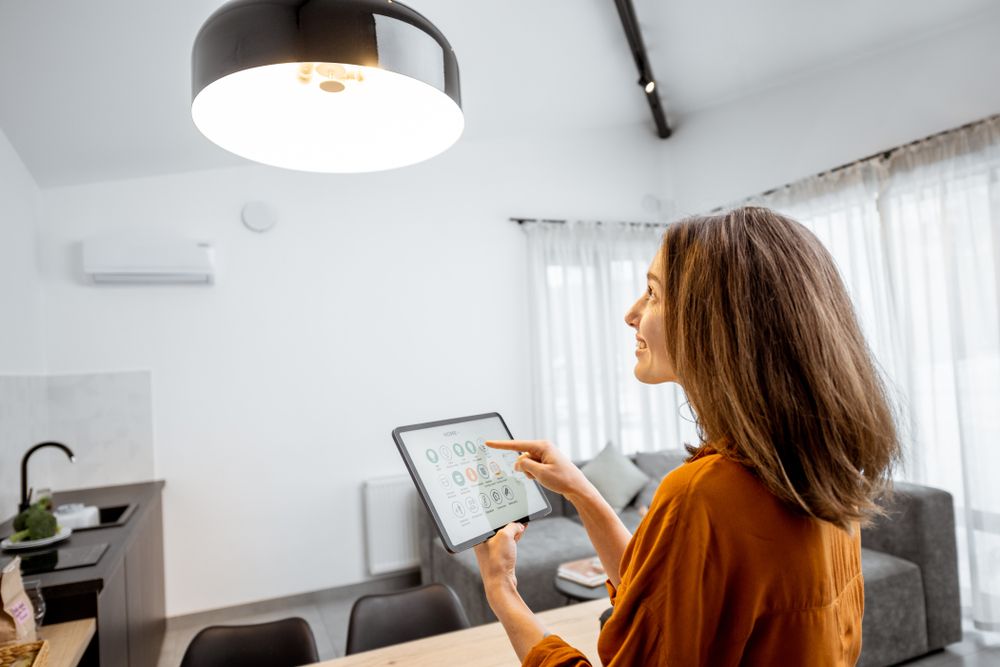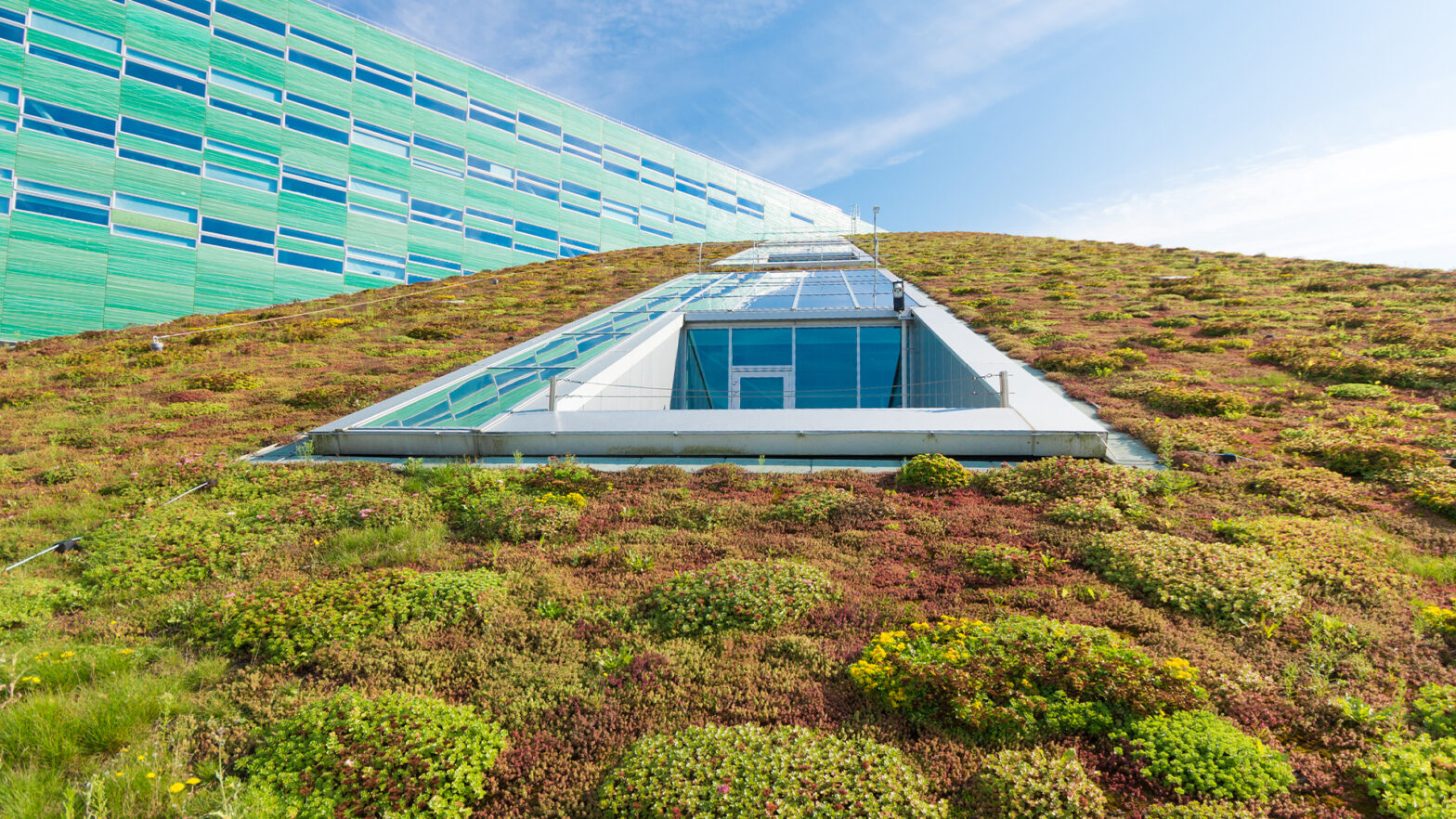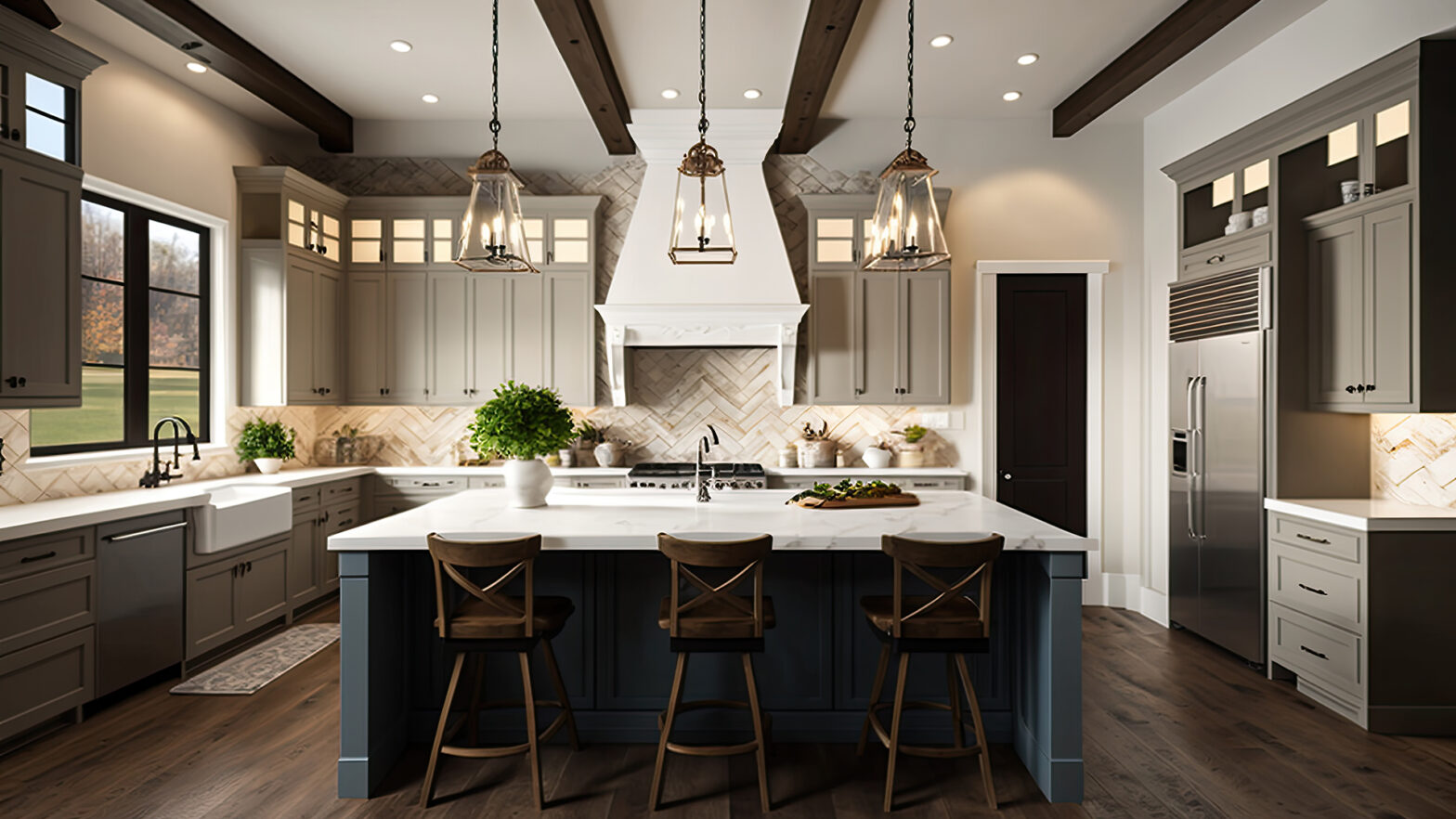Many homeowners are looking for ways to lessen their carbon footprint and make their homes more sustainable in this era of growing environmental concern. Intelligent home automation is one practical approach that combines efficiency and ease. Utilizing intelligent technology’s capabilities will enable you to conserve energy and make your house an eco-friendly refuge. In this post, we’ll look at helpful advice and tactics that can help you save energy and promote a more environmentally friendly future. Let’s explore the realm of smart home automation and learn how it can make your house more environmentally friendly.
Optimize Heating and Cooling
Increasing the efficiency of your heating and cooling systems is one efficient approach to saving electricity. A smart thermostat should be installed that can remember your preferences and modify the temperature settings appropriately. Remotely operating these thermostats enables you to optimize energy use based on your schedule. You can also look into smart heating and cooling systems that support zoning, enabling you to heat or cool particular regions of your home independently. As a result, energy is well-spent in empty places.
Efficient Lighting Solutions
Traditional incandescent light bulbs use a lot of electricity. Energy consumption can be significantly decreased by switching to energy-saving LED lamps. Consider adding timers or motion sensors to your lights as well. These devices save energy waste in vacant spaces or outdoors by ensuring that lights are only turned on when necessary.
Smart Energy Monitoring and Management
Utilize innovative energy monitoring tools to learn more about how much energy your home is using. Real-time data from these gadgets lets you spot energy-intensive locations and make necessary adjustments. Use power strips and smart plugs that can be regulated from a distance. This enables you to reduce phantom energy consumption by turning off standby power to electronics and appliances while not in use.
Smart Sockets
Another helpful tool for designing an eco-friendly and energy-efficient home is smart sockets. One illustration is the SmartSocket from Ajax smart security alarm, a gadget that enables you to remotely control and monitor the energy use of your electronic gadgets. You may remotely turn on or off your appliances by plugging them into one of these smart sockets, preventing them from using excessive standby power while not in use.
Smart sockets frequently have functions for energy monitoring in addition to remote control. You may detect energy-intensive regions and adapt as necessary by using them to offer real-time statistics on how much energy your gadgets are using.
Optimized Appliance Usage
Purchasing appliances with high Energy Star ratings can significantly decrease your energy consumption. These appliances’ usefulness has yet to be sacrificed in the pursuit of efficiency. Consider smart appliances with energy-saving features like load sensing, scheduling, and remote control for even higher energy savings.
Solar Power Integration
Your dependency on the grid can be significantly reduced, and your energy costs can be decreased by using solar panels to harness the sun’s power. You may produce sustainable energy by mounting solar panels on your roof to power your home. If you want to store extra energy produced during the day to use during high demand or at night, consider incorporating smart energy storage systems.
Schedules and Routines for Automated Energy
You may design unique routines and schedules for your gadgets using intelligent home automation, which optimizes energy use. For instance, you can set up appliances to run during off-peak energy hours or schedule lights to automatically turn off during daylight hours. Thanks to these automatic routines, your home’s energy use will be efficiently managed.
Conclusion
You may make substantial efforts to build an eco-friendly house by embracing intelligent home automation. You can reduce your energy consumption and help to ensure a more sustainable future by putting into practice strategies like optimizing heating and cooling, utilizing energy-efficient lighting, managing and monitoring your energy use, making the most of your appliances, incorporating solar power, and setting up automated energy schedules and routines. Make your home an energy-efficient haven by utilizing smart technology to lessen your influence on the environment.































